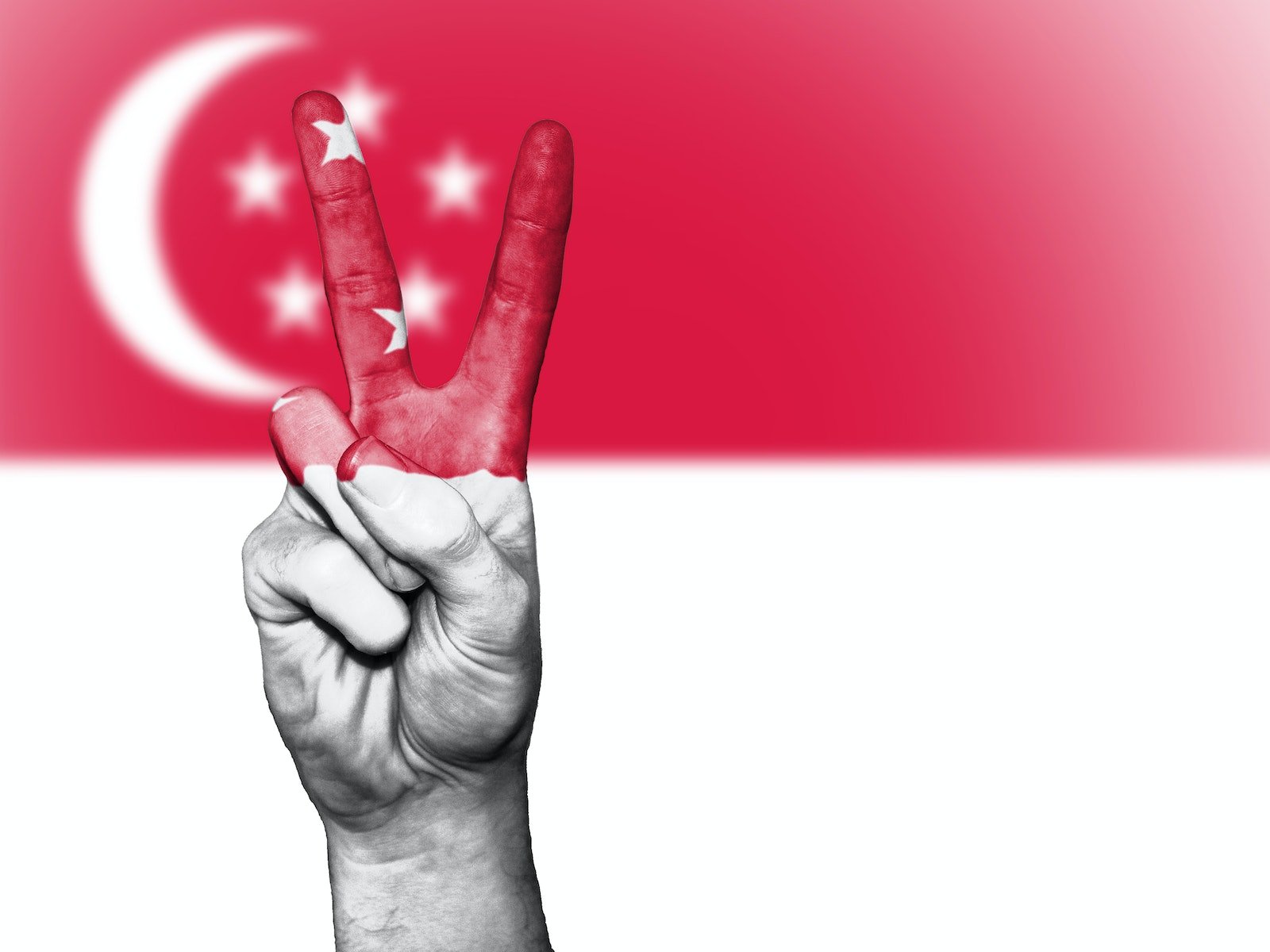Since the commencement of Singapore’s presidential race on September 1, headlines have predominantly spotlighted the trio of candidates emphasizing their impartiality and vow to oversee government actions. However, a pivotal matter awaiting the winner is the city-state’s colossal financial reserves.
Singapore boasts a financial reserve that traces its origins to the era of the esteemed founding prime minister, Lee Kuan Yew. Presently, estimates suggest the reserves exceed S$1 trillion (US$737.5 billion), although the actual figures remain undisclosed.
The significance of these reserves is manifold. A percentage of the annual returns, labeled the net investment returns contribution (NIRC), plays a pivotal role in the national budget. Moreover, this fund enables Singapore to navigate global crises, exemplified during the Covid-19 pandemic, without resorting to external borrowing.
Control over the reserves is vested in the president, supported by the Council of Presidential Advisers. This arrangement, functional since 1991, mirrors the prevailing apprehensions of the dominant People’s Action Party (PAP). Their concerns stem from potential misuse of these reserves by a populist regime gaining power unexpectedly.
In a surprising move, as the nation gears up for its first contested presidential election in over ten years, Prime Minister Lee Hsien Loong, alongside senior officials, has granted the populace a comprehensive insight into the reserves. Their intent? To elucidate the reserves’ constitution, their management, and the rationale behind their confidentiality.
Prime Minister Lee likened the reserves to a precious inheritance, a testament to the prudence of our predecessors. He emphasized the importance of these reserves, which have been Singapore’s lifeline in the absence of natural resources like oil or precious metals.
Historically, the government has staunchly opposed proposals from opposition groups advocating for increased expenditure from the reserves. As of now, 50% of the reserves’ long-term returns fuel the NIRC portion of the national budget, while the other half fortifies the principal amount.
The trio in the race comprises Tharman Shanmugaratnam, a seasoned economist and ex-minister; Ng Kok Song, with a vast experience in state portfolio management; and Tan Kin Lian, the former head of insurer NTUC Income. Their campaign endeavors have revolved around convincing Singapore’s 2.7 million voters of their aptitude to safeguard the nation’s reserves.
Local pundits perceive the government’s recent revelations about the reserves as a strategic move, aiming to ensure that voters elect the most qualified custodian for these finances.
Despite the PAP’s neutrality during elections, the buzz suggests Tharman, once an integral part of PM Lee’s economic cadre, is the anticipated successor to the current president, Halimah Yacob. As per Chong Ja Ian, a political expert from the National University of Singapore, this newfound transparency serves dual purposes. It offers an explanation for the existing use of the reserves and counters criticisms of over-conservation of funds.
Tharman and Ng, both perceived as establishment affiliates, have endorsed the state’s cautious approach. In contrast, Tan Kin Lian stands out for questioning the government’s conservative stance. Without delving into specifics, Tan hinted at his desire to mitigate the financial burdens on Singaporeans. He resonated with critics opposing the forthcoming increase in the goods and services tax.
Meanwhile, his adversaries have expressed reservations about squandering these reserves, emphasizing their prior involvement in managing these very funds. Ng, in a conversation with This Week in Asia, expressed hopes of rectifying misconceptions about the reserves. He believes that while the information is clear to him and PM Lee, it may not resonate with the general populace.
Tharman, serving as the finance minister from 2007 to 2015, spoke in defense of the government’s discretion regarding the reserves. He argued that revealing the total would expose the Singapore dollar to speculative attacks. Nevertheless, he affirmed that the value of the reserves was no secret within the government, ensuring internal checks and balances.
Recalling the past, Tharman mentioned former president Ong Teng Cheong’s initiative in 1993, which led to the creation of a robust framework around the reserves. The framework demanded periodic financial reporting to the president and advocated for balanced utilization of the investment income.
Come the 2000s, the government introduced the NII and NIR framework, aiming to enhance the system. Tharman, considered the favorite in this presidential race, reiterates the unchanged philosophy of the government regarding the reserves. He commended the sagacity of Singapore’s founders and the citizens’ foresight, emphasizing the reserves’ crucial role in ensuring Singapore’s stability in an unpredictable future.
Read More:
